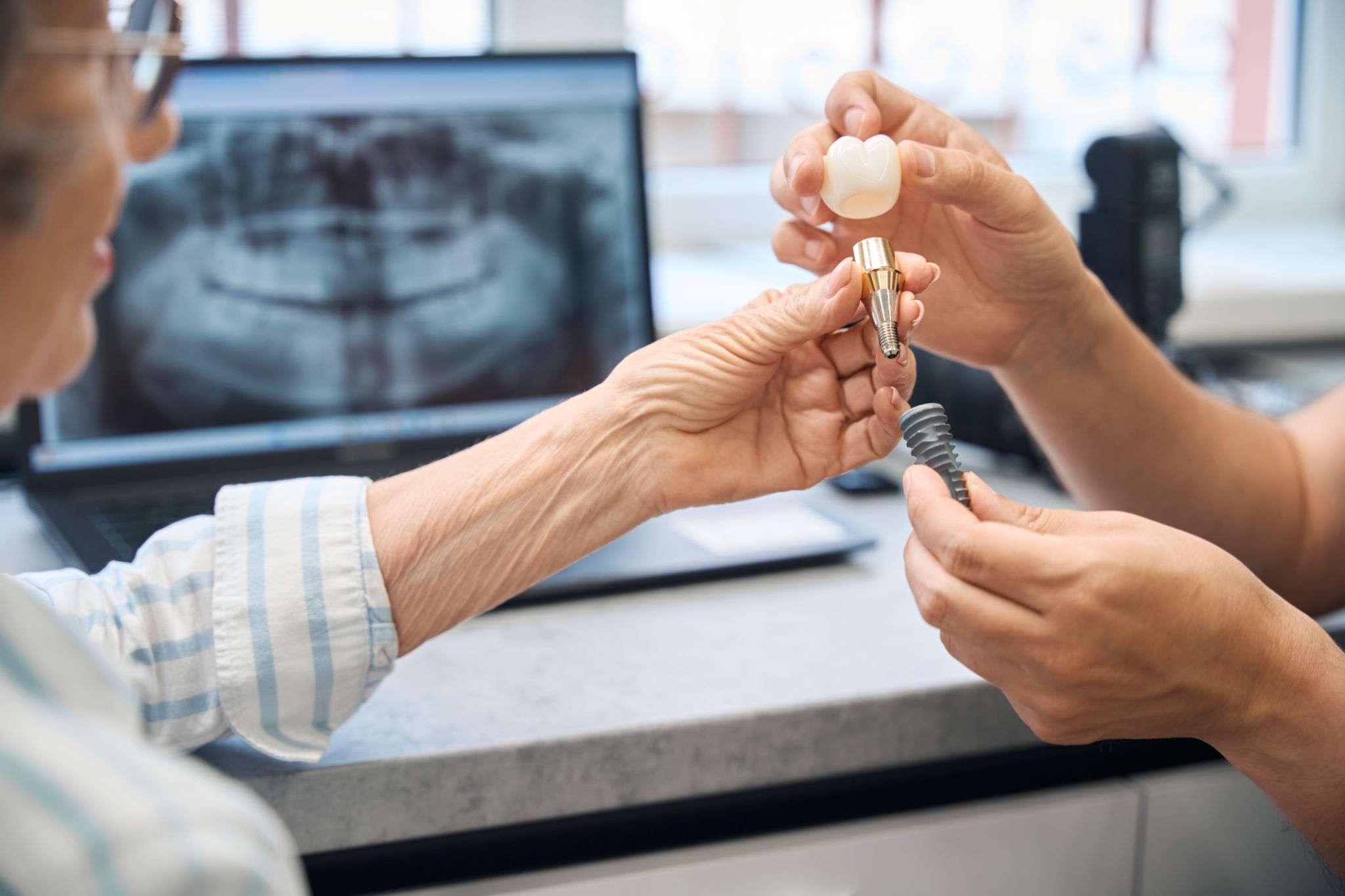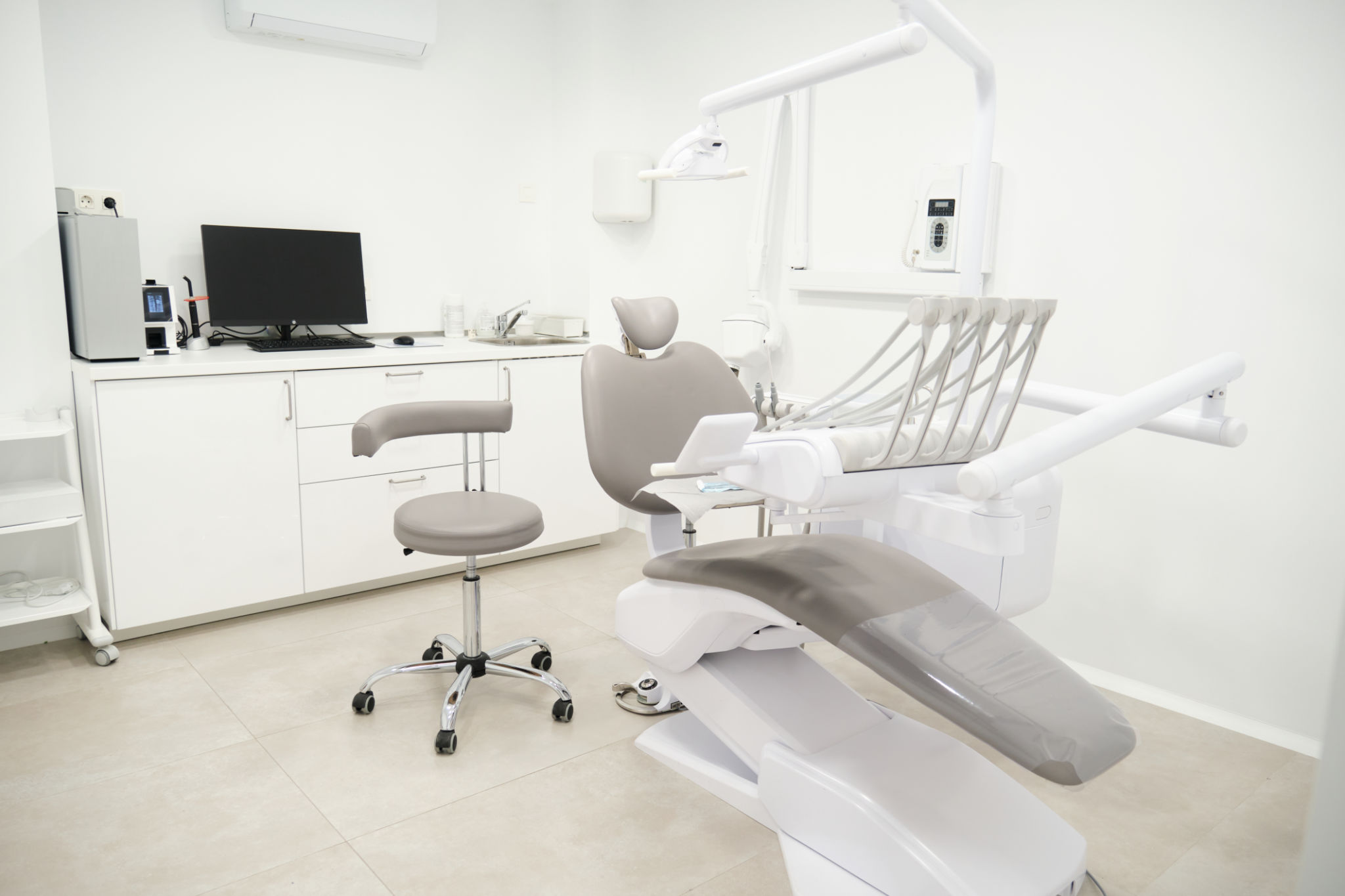How to Prepare for Your First Dental Implant: A Step-by-Step Guide
LD
Understanding Dental Implants
Dental implants have become a popular solution for those looking to replace missing teeth. Unlike dentures, implants offer a permanent and natural-looking option. Before diving into the process, it's essential to understand what dental implants are. They consist of a titanium post surgically placed into the jawbone, serving as a sturdy foundation for a replacement tooth or bridge.
Preparing for your first dental implant involves several steps to ensure the procedure goes smoothly and recovery is quick. Whether you're replacing one tooth or multiple, being informed can help ease any anxiety you may have about the process.

Consultation and Examination
The first step in preparing for a dental implant is scheduling a consultation with your dentist or oral surgeon. During this appointment, the dentist will conduct a thorough examination of your mouth, take X-rays, and possibly create 3D images to assess whether you're a suitable candidate for implants.
It's crucial to discuss your medical history and any medications you are currently taking. Certain conditions, such as diabetes or smoking habits, may affect the healing process and overall success of the implant.
Pre-Surgery Preparations
Once you've been deemed a suitable candidate for dental implants, your dentist will outline a treatment plan tailored to your specific needs. This plan may include preparatory procedures such as bone grafting if there is insufficient bone mass to support the implant.

Your dentist will provide instructions on how to prepare for the surgery day. This typically involves fasting for a certain period before the procedure and arranging transportation, as you'll likely be under sedation and unable to drive yourself home.
The Day of the Surgery
On the day of the surgery, make sure to wear comfortable clothing and follow any pre-surgery instructions from your dentist. Arrive at the clinic early to allow time for any last-minute paperwork or preparations.
The procedure itself usually takes one to two hours per implant, but this can vary depending on the complexity of your case. During the surgery, your dentist will ensure you're comfortable and pain-free by administering local anesthesia or sedation.

Post-Surgery Care
After the procedure, it's essential to follow all post-operative care instructions provided by your dentist. This typically includes managing any discomfort with prescribed pain medication, maintaining good oral hygiene, and avoiding certain foods that could irritate the surgical site.
Swelling and bruising are common but should subside within a few days. It's important to attend all follow-up appointments to monitor your healing progress and address any concerns promptly.
Long-Term Maintenance
Once your dental implant has fully integrated with your jawbone, ongoing care is crucial for maintaining its longevity. Regular dental check-ups and cleanings are necessary to keep both your natural teeth and implants healthy.
Adopting good oral hygiene practices, such as brushing twice daily and flossing regularly, will help prevent potential complications like gum disease that could compromise the implant's success.
Final Thoughts
Preparing for your first dental implant can feel overwhelming, but by following these steps and working closely with your dental professional, you can ensure a successful outcome. Remember that every patient's journey is unique, so don't hesitate to ask questions and seek support throughout the process.
With proper care and attention, dental implants can provide a lifetime of benefits, enhancing both your smile and overall quality of life.
